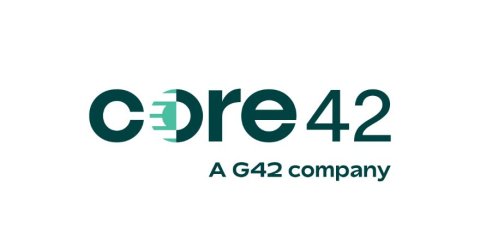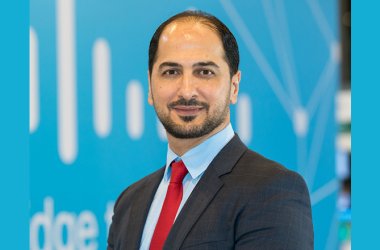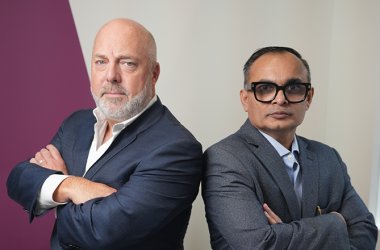
CISOs across industries are grappling with the same question. How do we embrace the speed and scale of artificial intelligence while ensuring compliance and sovereignty are never compromised? The problem is not theoretical. AI is already transforming fraud detection in banking, predictive care in healthcare, and automation in government services. Yet the very pace of this adoption exposes organizations to risks that traditional compliance frameworks were never designed to manage.
Many organisations, especially in regulated sectors (finance, healthcare, government), still use traditional compliance frameworks that emphasize periodic audits and manual documentation. These methods can confirm alignment at a single point in time, but they cannot keep pace with environments that shift daily and AI models that evolve hourly. For security leaders, the result is a dangerous gap between innovation and assurance.
From static sovereignty to intelligent sovereignty
Traditionally, digital sovereignty has focused on where data resides and who controls it. These remain critical foundations for trust, particularly in regulated industries. But as AI reshapes how data is processed, shared, and governed, this static view is no longer sufficient.
“Sovereignty must evolve to meet the demands of dynamic, AI-driven environments. It must become intelligent.”
Intelligent sovereignty is continuous. It adapts in real time as workloads change, regulations tighten, and risks emerge. It provides visibility not only into whether an organisation is compliant today, but into how it can remain compliant tomorrow. Most importantly, it allows security leaders to shift from reactive oversight to proactive governance.
How AI can enable sovereignty
Ironically, the very technology creating new risks can also help address them. AI can analyze compliance posture constantly, flagging issues before they escalate into incidents. Generative AI assistants can translate complex frameworks into plain language, giving CISOs, governance officers, and even non-technical leaders the ability to query compliance in real time.
This shifts compliance from a specialist’s task to a shared organizational discipline. Security becomes something that business leaders and project managers can engage with directly, strengthening trust across the enterprise.
This evolution is already visible in the UAE. At Core42, we have integrated AI into our Sovereign Public Cloud to make sovereignty actionable. Within our Insight platform, enterprises can view their compliance posture continuously and receive AI-driven recommendations on how to improve it. A capability called Insight Assist even allows users to ask natural-language questions such as “What changed in my compliance last week” and receive clear, actionable answers.
The result is that sovereignty becomes inclusive. Specialists still have deep technical visibility, but decision-makers at every level can now engage in maintaining compliance.
The strategic takeaway for CISOs
Sovereignty in the age of AI demands a shift in mindset. It is no longer a static safeguard but a dynamic capability that must adapt continuously to new risks, evolving regulations, and fast-moving workloads. Organizations that embed this approach will not only meet compliance obligations but also strengthen the trust that underpins sustainable innovation.
For CISOs, this shift expands the scope of leadership. The role is not confined to compliance oversight; it is about guiding transformation with resilience and accountability. By embedding intelligent sovereignty into enterprise strategies, security leaders can ensure that innovation moves forward with trust as its foundation.
This opinion piece has been authored by Nathan Swain, Chief Information Security Officer, Core42.





